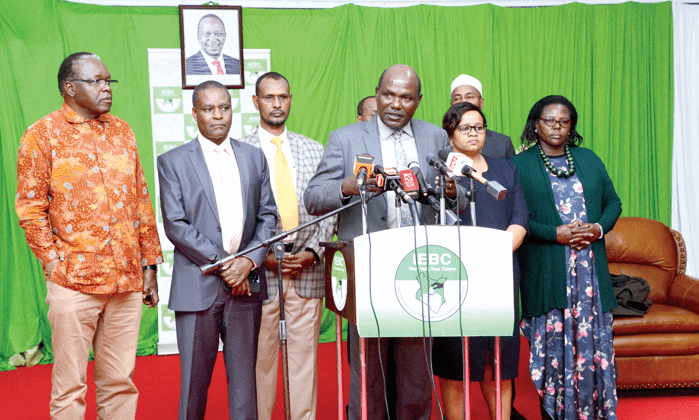New electoral law expands criteria on commissioner appointments

Last month, the National Assembly and the Senate concurred on the IEBC amendment bill which President Ruto signed into law yesterday leading to the process of appointing fresh faces of commissioners.
The bill has expanded the criteria for the appointment of commissioners by including information technology and accounting expertise to boost the efficiency of the agency.
Additionally, the bill which now becomes an Act requires a person to possess proven knowledge and at least ten years’ experience to be eligible for appointment as a member of the IEBC.
After the passing of the electoral law, the vice-chairperson or any other commissioner cannot take up the position of the chairperson in an acting capacity should a vacancy arise, a move meant to maintain clear lines of responsibility within the poll body.
“The proposed amendments are poised to clarify roles within the IEBC, reduce ambiguity in leadership responsibilities, and broaden the Commission’s expertise.
“By setting a fixed term for the Secretary and mandating reviews of general elections, the Bill promotes administrative stability and accountability,” Senate Justice Legal Affairs and Human Rights Committee report reads.
Public trust
“The revised procedures for delimitation of electoral boundaries and the expanded selection panel are expected to enhance representation and inclusivity, fostering greater public trust in the electoral system.”
The law also enhances the term of the Secretary to the Commission from the current period of three years, renewable once, to a term of four years, renewable once.
This change is meant to ensure continuity in the operations of the Commission. The Bill, further, saves the unexpired term of the current holder of the position.
Without substantive commissioners, the poll agency cannot conduct its key mandate including by-elections and delimitation of boundaries.








